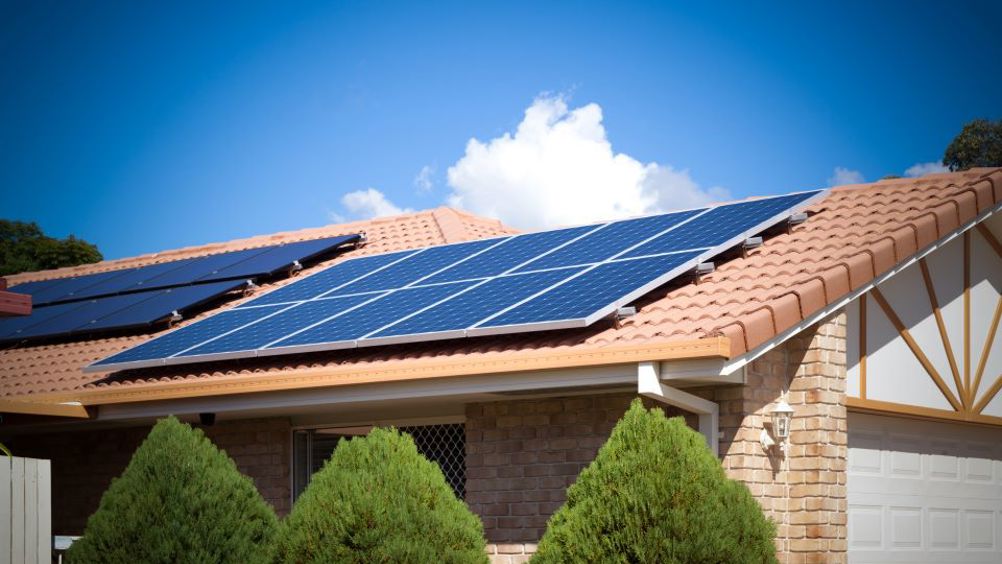Sponsored content: Sustainable central heating - the role of solar energy
We all know that climate change is a vast, ever-increasing problem around the world. Emissions from fossil fuels are heating the planet and rapidly altering our environments, with devastating effects.

We’ve heard the ambitions from government leaders, with plans for the UK to hit net-zero emissions by 2050 - but how do we achieve this? Policy reforms and increased incentives for homeowners are a powerful start, but understanding the practical solutions is even more crucial.
Home heating accounts for around 14 per cent of all carbon emissions in the UK. This is mainly down to boilers being run on fossil fuels, such as natural gas or oil. Transforming the way we heat our homes is widely accepted as a key component to help meet net zero goals, and ultimately reduce the impact of climate change.
So, how do we produce sustainable home heating? And is it a viable option for UK homeowners? The answer to these queries could lie in solar energy and adopting it into our heating systems.
The role of solar energy in home heating
Register now to continue reading
Thanks for visiting The Engineer. You’ve now reached your monthly limit of news stories. Register for free to unlock unlimited access to all of our news coverage, as well as premium content including opinion, in-depth features and special reports.
Benefits of registering
-
In-depth insights and coverage of key emerging trends
-
Unrestricted access to special reports throughout the year
-
Daily technology news delivered straight to your inbox










Water Sector Talent Exodus Could Cripple The Sector
Maybe if things are essential for the running of a country and we want to pay a fair price we should be running these utilities on a not for profit...